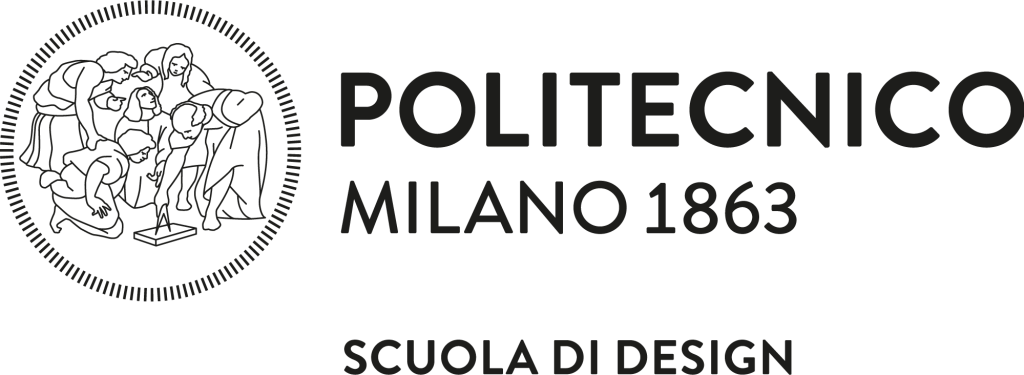Yanni A. Loukissas, Georgia Tech Institute
"Open Data Settings"
Institutions have long sought more effective ways of making data open, for purposes of accountability, engagement, and reuse. Often, such efforts focus on making existing data sets available anywhere, for anyone and any purpose. The expression data set itself suggests something discrete, complete, and easily transferable. But data are none of those things. In this talk, I argue that open data projects can benefit from a more contextual understanding of what open means. Instead of focusing on open data sets, I explain how to create and evaluate open data settings: contexts in which things of public significance can be presented as evidence. I will share my experiences developing and analyzing open data settings for the Map Room Project, a research-through-design initiative to establish local spaces for collaborative data exploration and mapping. I will also offer a conceptual framework for thinking about the openness of data settings in terms of accessibility, inclusivity, and indeterminacy. I believe that open data settings can help us all rethink where data can work, who is empowered to use them, and what can count as data.
His most recent book, All Data Are Local: Thinking Critically in a Data-Driven Society (MIT Press, 2019), is addressed to a growing audience of practitioners who want to work with unfamiliar sources both effectively and ethically. He is also the author of Co-Designers: Cultures of Computer Simulation in Architecture (Routledge, 2012) and co-editor of The DigitalSTS Handbook (Princeton, 2019).
Before coming to Georgia Tech, he was a lecturer at the Harvard Graduate School of Design, where co-coordinated the Program in Art, Design and the Public Domain. He has also been a Media Arts Fellow at metaLAB, a research project of the Harvard Berkman Klein Center for Internet and Society. He has taught at Cornell, MIT, and the School of the Museum of Fine Arts. Originally trained as an architect at Cornell, he subsequently attended MIT, where he received a Master of Science and a PhD in Design and Computation. He completed postdoctoral work at the MIT Program in Science, Technology and Society.
